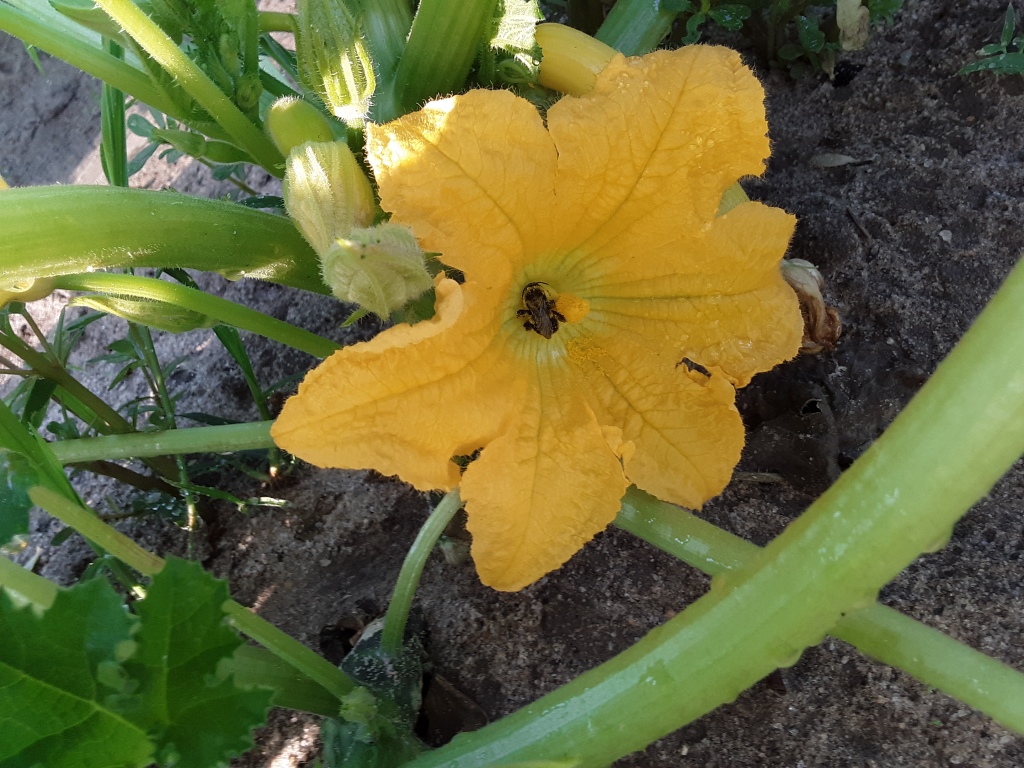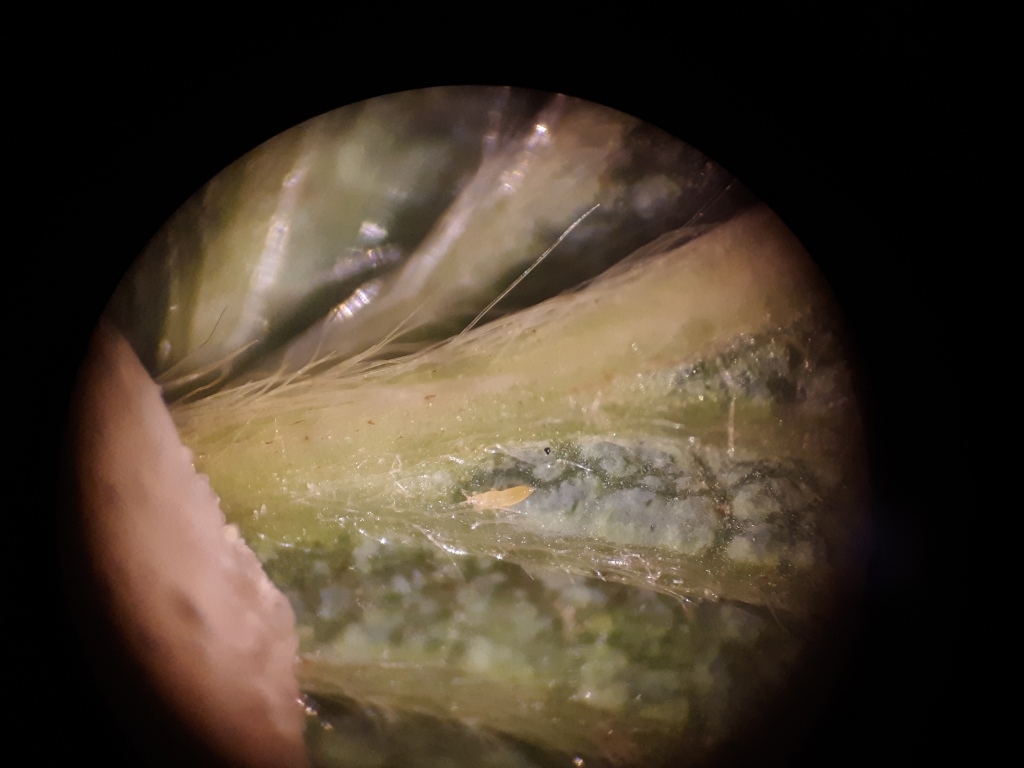Clemson Extension agents provide updates in the The South Carolina Grower this week about the status of various crops being produced throughout the state.
Weekly Field Update
Coastal
Rob Last reports, “On the whole, disease pressure in most crops remains low. The exception is cucurbits where we are finding powdery mildew in cucumbers as well as downy mildew. Cucurbit bacterial wilt has been found in isolated fields. This disease is characterized by wilting of one vine or the whole plant. Once cut, the stem will ooze a sticky sap from the wound. It is transmitted by the feeding activities of cucumber beetles. Strawberries are beginning to slow down, while tomatoes peppers and peaches are doing very well.”
Midlands
Justin Ballew reports, “We had an unseasonably hot week last week followed by a much cooler weekend. Some places received a little rain early in the week and some places received a little on Saturday. However, the Midlands are very dry overall. Crops responded well to the heat last week. Brassicas and cucurbit crops progressed extremely quickly. Squash and zucchini are setting fruit and some are being picked. Brassica and herbs are still being harvested. Tomatoes are setting fruit, but we still have a little time before picking on a large scale.”


Sarah Scott reports, “Peaches are still going strong in the Ridge. Some varieties are showing more cold damage than anticipated, but there is still a good crop out there. It seems that the very early varieties and then some of the very late varieties are the ones with the most damage. Some bacterial spot is showing up but not near as bad as last season, mainly due to dry conditions. We’ve had some really hot days, but this past week we finally got some relief from the temperatures and some cloudy days. Hopefully, rain is in the future as growers are irrigating heavily now. Some second croppings of Camarosa strawberries are still being harvested this week. Squash, zucchini and cucumbers are producing well. Insect pressure is starting to occur more heavily, but disease, for the most part, is still at bay.”
Pee Dee
Bruce McLean reports, “Blueberry harvest, after getting a late start, is starting to provide good quantities. Strawberry harvest is winding down for most. Last week’s heat caused much of the strawberries to become soft and unmarketable. Some varieties are still holding up though, with limited harvest. Some early blackberries are being harvested in good volume with very good quality. Peach harvest is light, and fruit is a bit small. Tomato harvest should begin late this week or early next week. Tomatoes have been experiencing some environmental stress (heat, low humidity, high UV), causing some leaf curl. This should subside with the increased moisture and lower temperatures. Squash are starting to be harvested. Cucumber harvest isn’t far away. Peas and beans have been affected by thrips, but are growing out of that damage. Sweet corn harvest is getting near. Vegetable planting is starting to resume with the recent moisture and reduced temps.”

Tony Melton reports, “Peppers and tomatoes are setting fruit. Harvesting pickles consistently. Applying downy mildew and pickleworm materials regularly. Finishing up first cut of collards for processing. Started second cut of processing turnips. Harvesting processed cabbage. Snap beans and butter beans are flowering. Setting sweet potatoes as fast as slips become available.”









